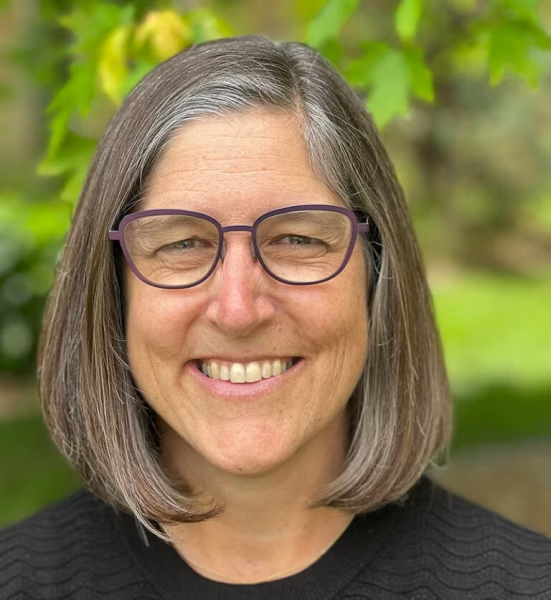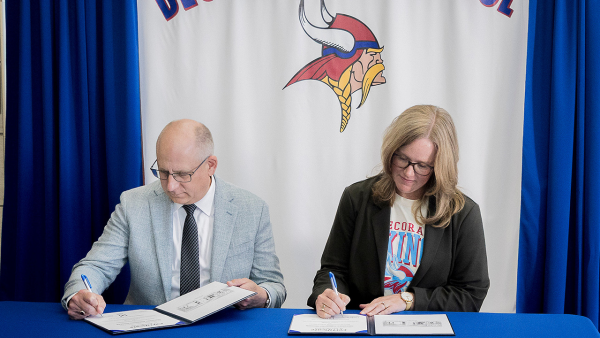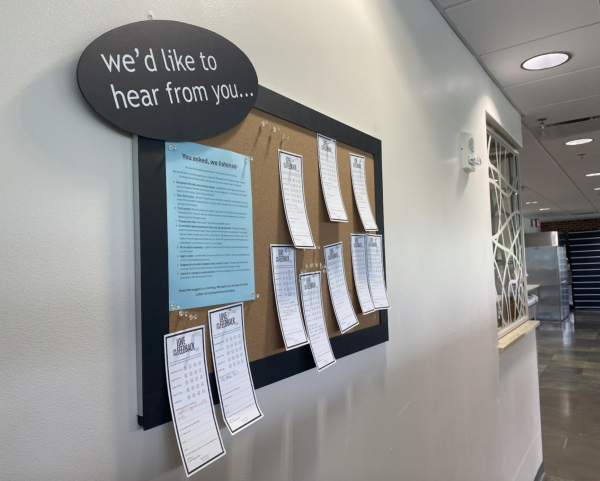Professor Erika Lee Delivers Lecture on America for Americans: A History of Xenophobia in the United States

Photo courtesy of Twitter account @prof_erikalee
Dr. Erika Lee.
On Thursday, January 21, Regents Professor of History and Asian American Studies at the University of Minnesota Erika Lee delivered a lecture over Zoom in response to Luther community discussions of her book, America for Americans: A History of Xenophobia in the United States. Citing her familial history as well as her research, Lee discussed the history of xenophobia in the United States. Lee served as a panelist in the discussion, along with Luther student Evelyn Montoya (‘23) and Maria Leitz, a Decorah Human Rights Commission member and co-founder of Collective Action for Racial Equity (CARE). The panel was facilitated by Associate Professor of Religion Todd Green.
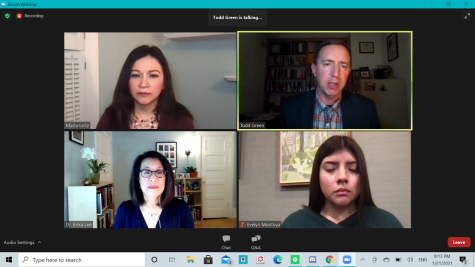
Lee’s lecture, sponsored by the Center for Ethics and Public Engagement, directly confronted the capitol riot and the lengthy history of racism and xenophobia in the United States that came before it. Green spoke on the capitol riots and the history of the United States as a xenophobic oppressor.
“When we see mobs of white nationalists attacking the Capitol, our response shouldn’t be, ‘This is not who we are,’” Green said. “Dr. Lee’s work reminds us that there is a long history of white Americans using violence and intimidation to exclude immigrants, people of color, and minority religious communities from full inclusion in the American cultural and political landscape.”
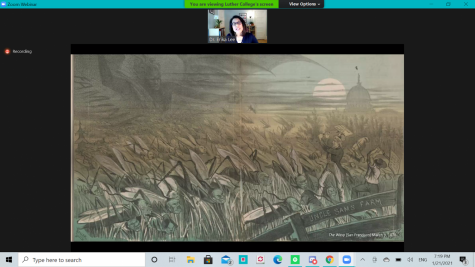
Lee’s lecture discussed anti-immigrant history, ranging from the anti-Irish sentiments and the Chinese Exclusion Act of the nineteenth century to Japanese internment camps in the 1940s, and, more recently, Trump’s travel and immigration restrictions known colloquially as the “Muslim Ban.” Central to her message was the idea that, while xenophobia has been written into the country’s legislation, change comes not only from the policy, but the people too.
Rose Torti (‘22), an anthropology student, attended the lecture. Inspired by Lee’s lecture, Torti offered her own ideas to combat xenophobia on a community level.
“Although we’re not lawmakers and we don’t have a lot of power in that way, there are ways you can be anti-racist and anti-xenophobic in your own community,” Torti said. “Even when [the laws] are taken away, they don’t dissolve from the minds of people overnight. People still hold these xenophobic ideas, and that affects a lot of people, not just immigrants.”
Torti suggested that by promoting an anti-xenophobic mindset outright, community members can begin to combat the lingering forces of anti-immigrancy in the United States.

Reflecting on the event, Montoya shared her ideas for how Luther should move forward to fight xenophobia and support immigrants in our community.
“We need those classes, we need those organizations that support students of color, immigrants, Dreamers,” Montoya said. “Creating spaces of empowerment is a big thing. If we all work together, I think we can provide a safer and more welcoming campus.”
Green expanded on Luther’s duty to offer courses that embrace diversity and inclusion on campus. He stated his goal for how Luther College should prepare its students for the larger world.
“Luther’s task moving forward is to envision how our core curriculum can better address systemic racism and injustice, including xenophobia. In order to equip graduates to become agents of transformation in the community, the nation, and the world,” Green said. “As a liberal arts college, Luther is in the business of education and critical inquiry. We are also a community dedicated to pursuing the common good and the flourishing of all people irrespective of race or national origin.”

